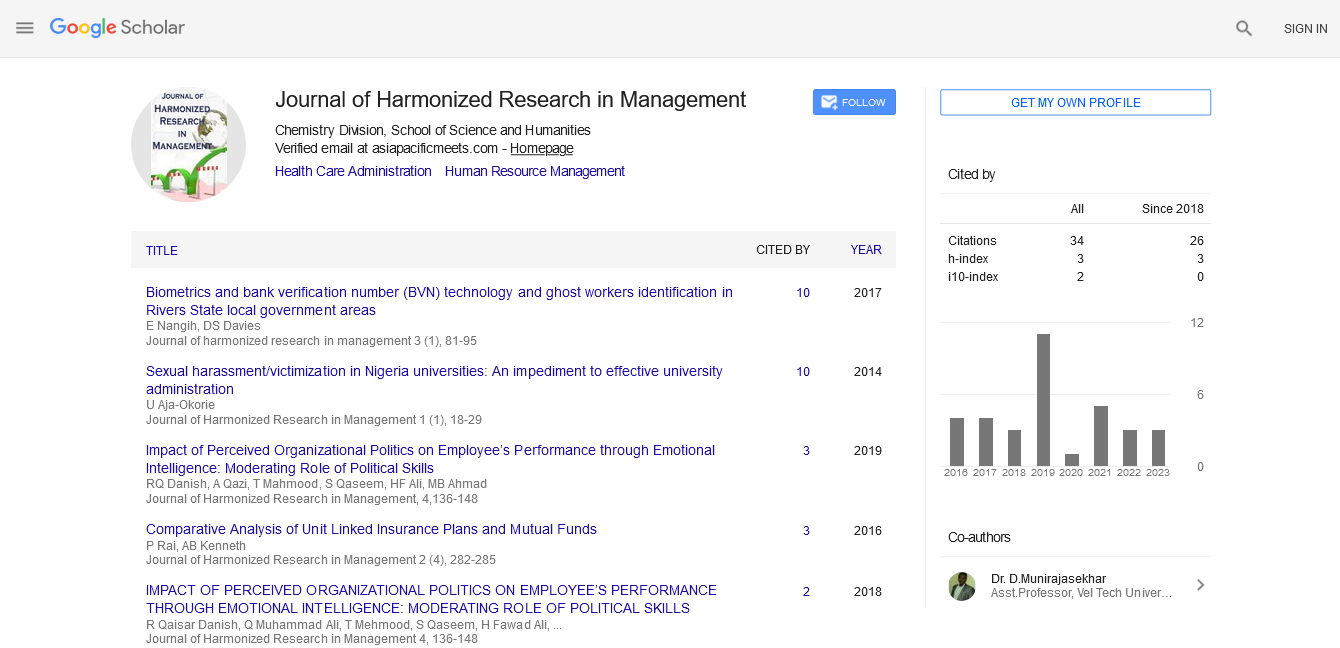THE EFFECTIVENESS OF SIGN-BASED COMMUNICATION IN THE ADVERTISING/MARKETING OF NIGERIAN PRODUCTS: A USER STUDY
Abstract
Author(s): ENDONG, Floribert Patrick Calvain
Communication based on the use of conventional signs is grounded on the faulty assumption that receivers theoretically have capacity to decode the signs being used. Meanwhile, it is not uncommon to fi nd receivers (especially among the laymen) not being initiated into recognizing and decoding these signs. Signs (especially symbolic and indexical in type) have high degree of slipperiness and/or arbitrariness. This obviously creates semantic noise and likely renders communication relatively ineffective. Based on a user study aimed at eliciting consumers’ understanding and capacity to decode selected signs – which are recurrently used in the composition of marketing and advertising messages appearing on the packages of consumer products – this paper shows some limitations (the reduced intelligibility) of sign-based communication. It argues in favour of inter-semiotic translation or the use of anchorages, as strategies aimed at effective communication in advertising and marketing campaign. Keywords: Signs, Semiotics, Effective Communication, Anchorage, Nigerian Product

Google Scholar citation report
Citations : 92
Journal of Harmonized Research in Management received 92 citations as per google scholar report









